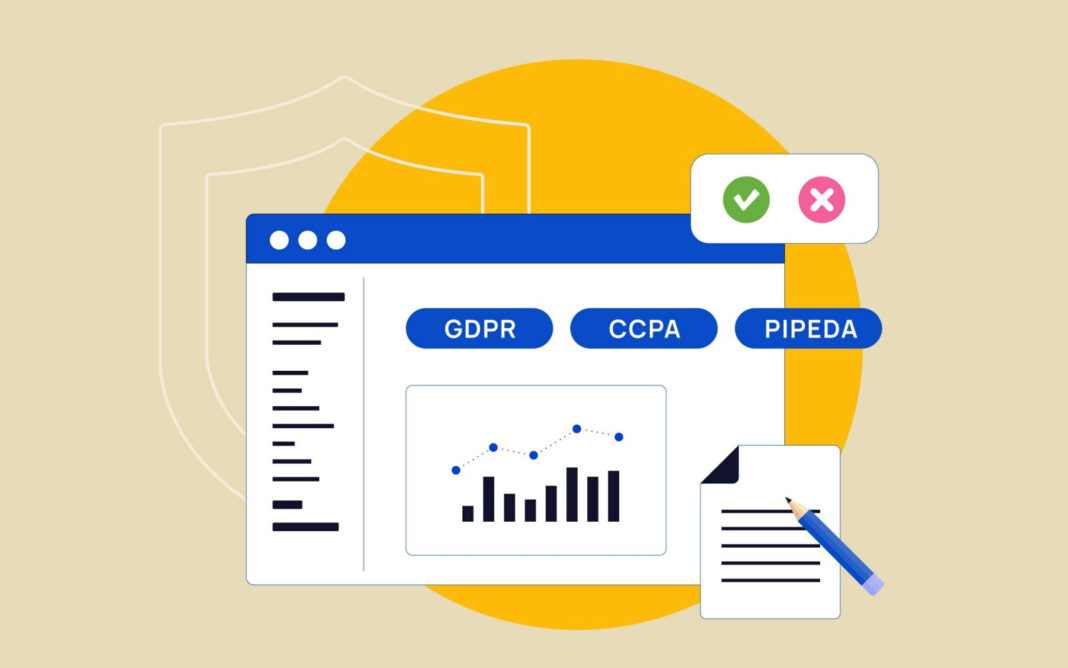Navigating A Cookieless Future: PPC Strategies For Privacy-First World
Introduction
In a rapidly evolving digital landscape, privacy concerns have become a top priority for both consumers and businesses. With the phasing out of third-party cookies by major browsers like Google Chrome, online advertisers are facing a new challenge in tracking user behavior and targeting ads effectively. However, this shift towards a cookieless future doesn’t have to spell disaster for your PPC campaigns. By adapting your strategies to prioritize user privacy and employing innovative tactics, you can continue to drive successful results in a privacy-first world.
Understanding the Impact of Cookieless Future on PPC
With the impending demise of third-party cookies, traditional tracking methods used for targeting ads and measuring campaign performance will no longer be as effective. This means that advertisers will need to find alternative ways to reach their target audience and deliver personalized experiences without relying on cookies.
PPC Strategies for a Privacy-First World
1. Embrace First-Party Data
First-party data is information collected directly from your website visitors or customers. By leveraging this valuable data, you can create personalized and targeted ads without the need for third-party cookies. Encourage users to opt-in to data collection through transparent privacy policies and clear consent mechanisms.
2. Contextual Targeting
Contextual targeting involves placing ads on websites based on the content of the page rather than user behavior. By aligning your ads with relevant content, you can reach audiences who are more likely to be interested in your products or services, without compromising user privacy.
3. Retargeting Strategies
Instead of relying on cookies to track user behavior across websites, consider using first-party data to retarget visitors who have already engaged with your brand. You can create custom audiences based on actions taken on your site, such as product views or sign-ups, and deliver targeted ads to these users.
4. Dynamic Ads
Dynamic ads allow you to personalize ad content based on user behavior or preferences. By using dynamic ad formats, you can deliver relevant messaging to users without relying on cookies for tracking. This can help improve the effectiveness of your campaigns and drive better results in a cookieless future.
Conclusion
As the digital advertising landscape continues to evolve, it’s important for advertisers to adapt their strategies to meet the demands of a privacy-first world. By focusing on user privacy, embracing first-party data, and exploring innovative targeting tactics, you can navigate the cookieless future with confidence and continue to drive successful PPC campaigns.
FAQs
Q: What are third-party cookies?
A: Third-party cookies are data files that are placed on a user’s browser by websites other than the one they are currently visiting. These cookies are commonly used for tracking user behavior across different sites for advertising and analytics purposes.
Q: How can I prepare my PPC campaigns for a cookieless future?
A: To prepare for a cookieless future, focus on collecting and leveraging first-party data, using contextual targeting, implementing retargeting strategies, and exploring dynamic ad formats. By prioritizing user privacy and adopting innovative tactics, you can continue to drive successful PPC campaigns in a privacy-first world.




